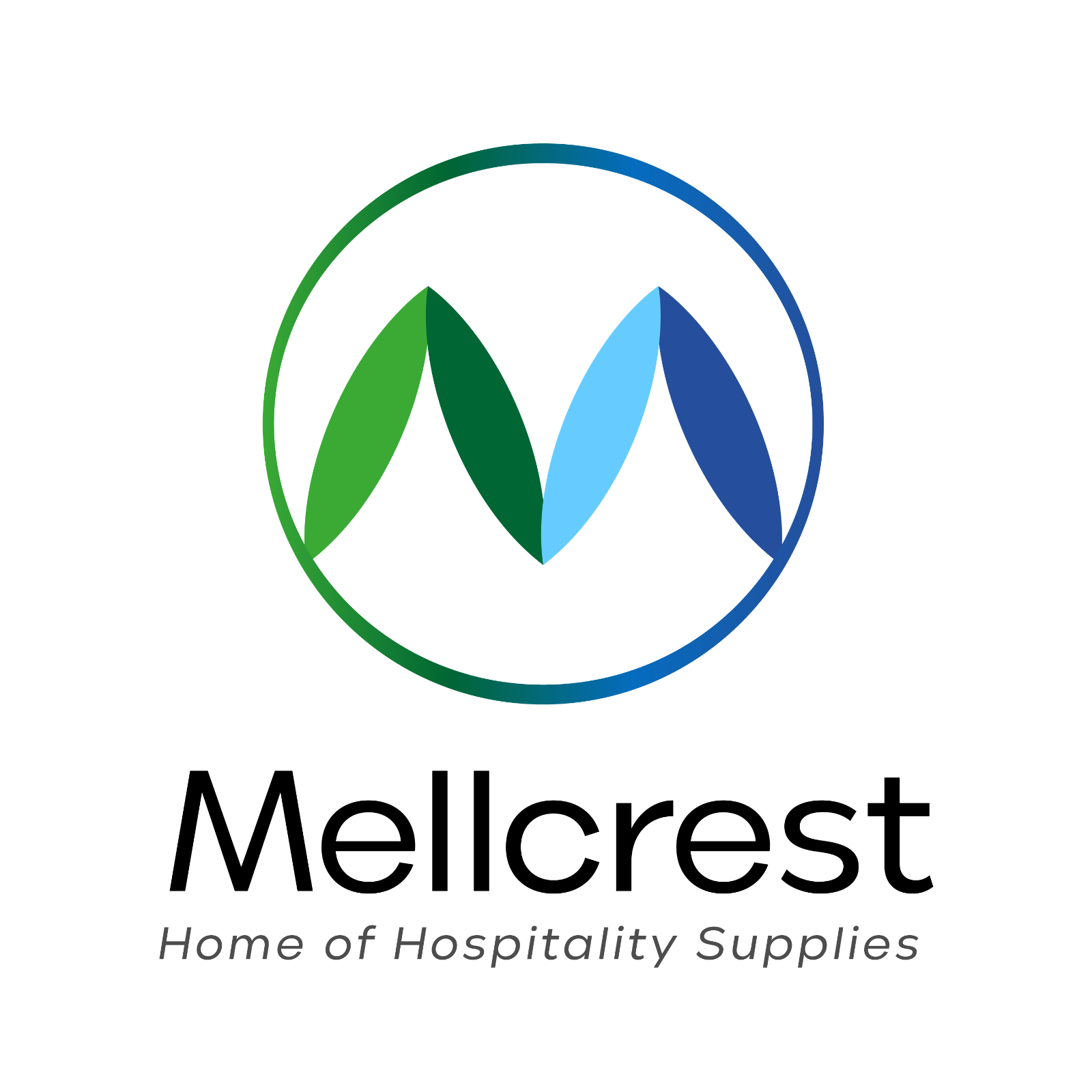Cookies By clicking ‘Accept All Cookies’, you agree to the storing of cookies on your device to enhance site navigation, analyse site usage, and assist our marketing efforts. View our cookie policy.

Sustainability in Hospitality: Making Your Hotel Greener
In the heart of the hospitality industry lies a pressing and integral challenge: how to serve guests and stakeholders while simultaneously nurturing our planet. Sustainability has ceased to be just a buzzword and has become a beacon guiding the operations of forward-thinking hotels across the globe. By integrating eco-friendly practices, focusing on waste reduction, and prioritizing energy efficiency, hotels can contribute significantly to sustainable tourism, offering a clear pathway for the industry's future. This professional and inspirational exploration will lay down the fundamentals of achieving a greener footprint in hospitality, ensuring your establishment not only thrives but leads by example in conservation.
The Imperative of Sustainability
The journey towards becoming a green hotel is not just about complying with regulations or enhancing your brand image; it is a thoughtful commitment to the planet and future generations. By embracing sustainability, your hotel can significantly reduce operational costs, meet the growing demand for eco-conscious accommodations, and stand out in a crowded marketplace.
1. Embracing Eco-Friendly Practices
Start with small, impactful steps like eliminating single-use plastics from your operations. Consider implementing refillable toiletry dispensers, using biodegradable packaging for amenities, and providing guests with reusable water bottles. These changes, while seemingly minor, contribute to a larger ethos of environmental responsibility that resonates with guests.
2. Advancing Waste Reduction
Operational efficiency often focuses on doing more with less, and this mindset is crucial in waste management. Conduct a comprehensive audit of your hotel's waste streams to identify reduction opportunities. Food waste can be minimized with better inventory and portion control, and recycling programs can be implemented or enhanced to manage waste more effectively. Moreover, engaging guests in these initiatives can amplify the impact, turning them from passive participants to active contributors to your hotel’s sustainability goals.
3. Elevating Energy Efficiency
Energy consumption is a major operating expense for hotels but also offers substantial opportunities for savings. Transitioning to LED lighting, investing in energy-efficient appliances, and incorporating smart thermostats can significantly reduce your carbon footprint. Additionally, consider renewable energy sources, such as solar panels, to further green your operations. These initiatives not only lower utility costs but also position your hotel as a leader in sustainability.
4. Promoting Sustainable Tourism
Your commitment to green practices does not end within the confines of your property. Encourage guests to engage with the local community in environmentally responsible ways. This can include offering eco-tours, supporting local conservation efforts, and advocating for public transport or bike rentals to explore the area. By doing so, you extend the benefits of your sustainability efforts and contribute to the broader goal of sustainable tourism.


Key Benefits for Your Hotel
The transition to greener practices offers tangible benefits that extend beyond the environmental impact:
- Cost Savings: Energy efficiency and waste reduction directly translate to lower operating costs.
- Brand Differentiation: Positioning your hotel as eco-friendly can give you a competitive edge.
- Guest Satisfaction: Modern travellers are increasingly looking for sustainable lodging options.
- Regulatory Compliance: Stay ahead of regulations that increasingly favour sustainability.
Implementing Change
Embarking on the sustainability journey requires a strategic approach:
- Set Clear Goals: Define what sustainability means for your hotel, setting specific, measurable targets.
- Engage Your Team: Sustainability is a team effort. Educate and empower your employees to make eco-conscious decisions.
- Communicate with Guests: Be transparent about your sustainability initiatives. Guests respect honesty and are more likely to support your efforts when they understand them.
- Measure and Adjust: Continuously monitor your progress and be willing to adjust your strategies to further optimize your sustainability performance.
Partnering with Mellcrest for Eco-Friendly Solutions
In the mission towards sustainability, choosing the right partners is crucial. Mellcrest, a leading supplier in the hospitality industry, stands out with its eco-friendly product range designed to support hotels in their sustainability efforts. From high-quality, biodegradable toiletries to eco-conscious bedding options and value-oriented paper products, Mellcrest offers a wide range of products that can significantly enhance your hotel's green credentials. Partnering with Mellcrest is an excellent way to quickly up your sustainability levels.
Towards a Sustainable Future
The movement towards green hotels is not a fleeting trend but a fundamental shift in how the hospitality industry operates. By adopting eco-friendly practices, focusing on waste reduction and energy efficiency, supporting sustainable tourism, and partnering with suppliers like Mellcrest, your hotel can play a pivotal role in this transformation. The path to sustainability is a journey of continuous improvement and innovation, but every step taken is a step towards a greener, more sustainable future for all.
Embarking on a sustainability journey is not only an act of environmental stewardship but also a smart business strategy. Hotels that lead in sustainability not only contribute to the planet's well-being but also enjoy increased guest loyalty, operational efficiencies, and a strengthened brand. The time to act is now. Let's work together to make your hotel a beacon of sustainability within the hospitality industry, inspiring others and paving the way for a greener tomorrow.








